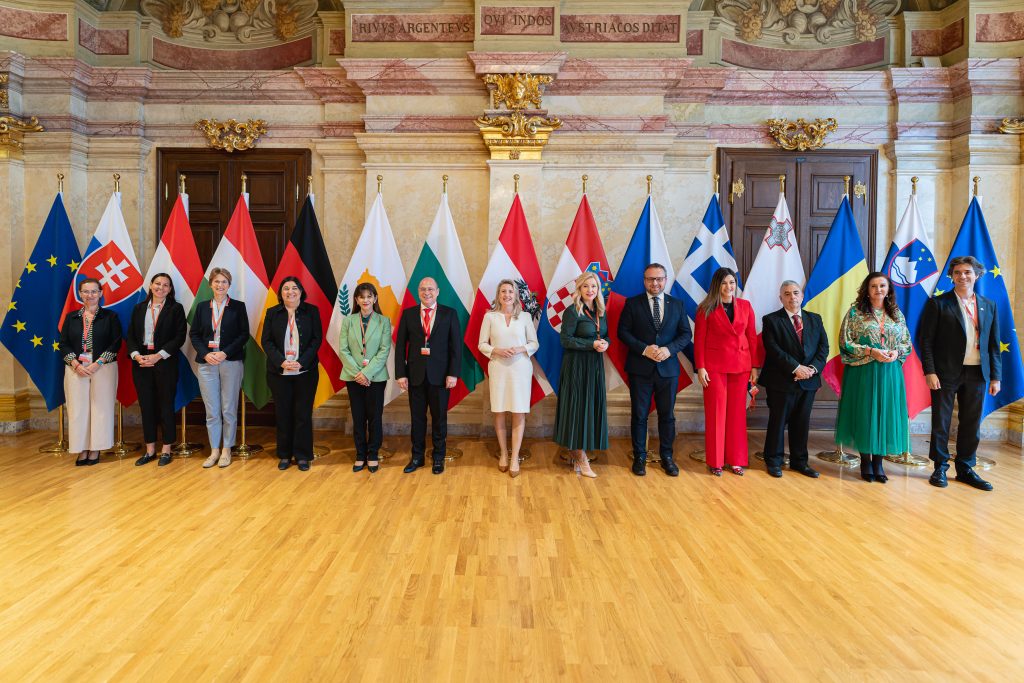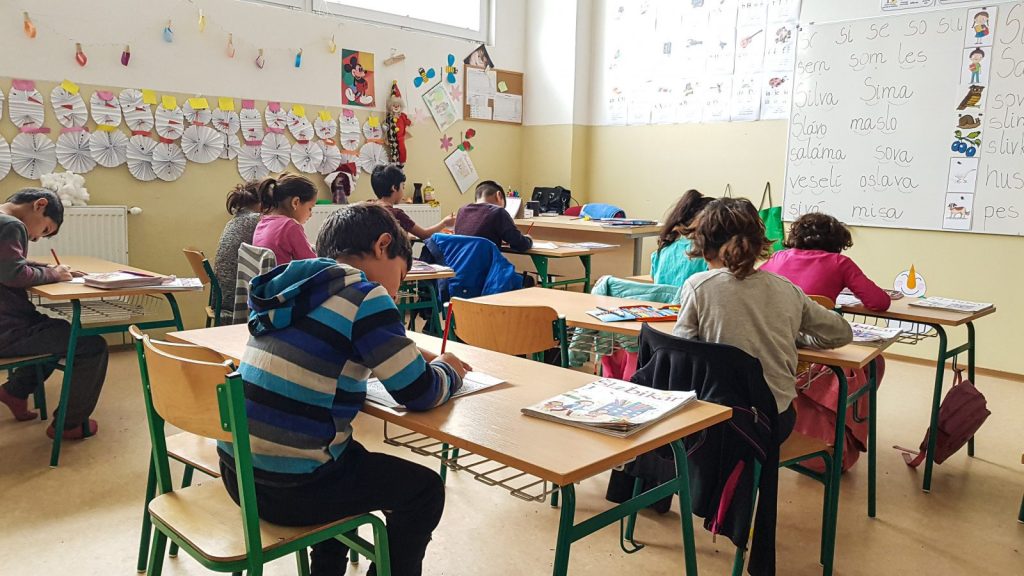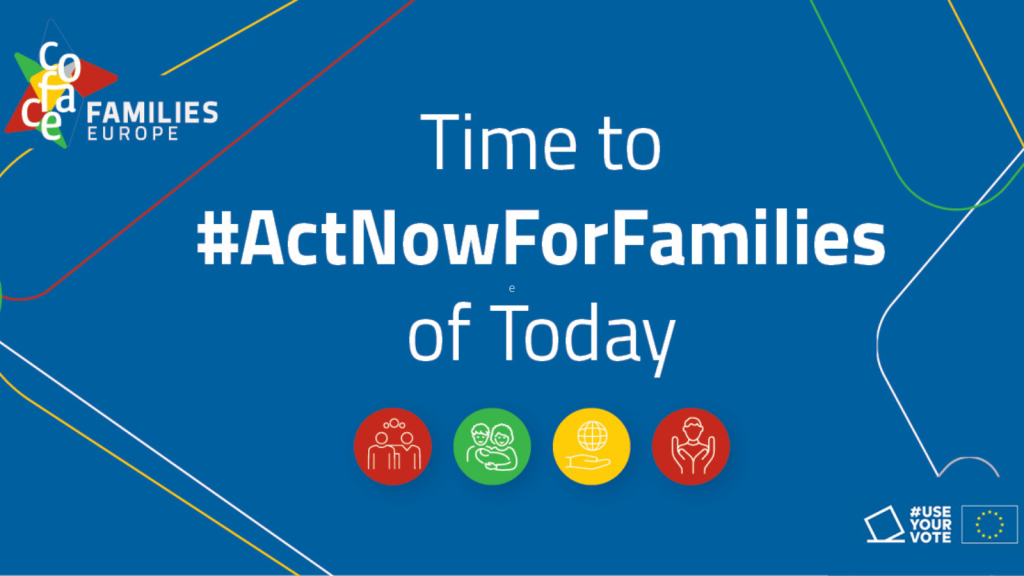World Children’s Day on 20th November offers us an inspirational entry point to promote child well-being and build a world fit for children. It is a day of action by children. They are speaking out and imagining a better future. It is important to listen to their ideas and demands. It is also a day for children to ensure their rights and provide a nurturing and safe environment.
Babies and toddlers have the right to receive high-quality care and education that promotes their overall well-being. The importance of healthy attachments with parents as first caregivers and educators during the first 1000 days is well documented Recognising and respecting a child’s rights to emotional connection and responsive caregiving involves supporting parents in their crucial role.
To implement the right to high-quality early childhood education and care, governments, communities, and educational institutions must work together to create and maintain policies, programmes, and environments that prioritise the well-being and development of young children and their parents.
This support should include a continuum of care starting with access for all to well-paid parental leave and parenting support, as well as access to quality ECEC. Access to quality early childhood education ensures that all children, regardless of their background, have equal opportunities to develop their potential. This helps in breaking the cycle of poverty and promoting social equity.
A critical factor and key driver for high-quality childcare is a low child-staff ratio. This can yield multiple benefits for children and for their parents. Low child-staff ratios in childcare is a key determinant of children’s meaningful experience in daycare. It allows educators more time for “educare” and to be more responsive to individual children and at the same time establish a strong and supportive partnership with parents. Engaging with parents in open communication is a key driver of successful partnership in the education of the child. This collaboration strengthens the family unit and supports the child’s learning journey.
As President of COFACE, and chair of the Steering Group of the European Observatory on Family Policy, I participated in the launch webinar of the first report of this Observatory. The report aims to contribute policy research to support investments in greater integration of family policies at each level, overcoming fragmentation in supporting families with young children.
Nowadays, the significance of family policies is growing notably across the European Union. Following the launch of the European Pillar of Social Rights in 2017, we have witnessed an increase of initiatives concentrated on improving national parental leave laws, remedying child poverty, setting higher goals for participation in ECEC services, as well as establishing national frameworks for long-term care and disability rights.
It is essential in this situation that family policy frameworks are not just established but are constructed with close ties to their complementary domains, such as parental leave and formal early childhood education and care, prenatal maternal care, perinatal guidance support, parenting network groups, day-care for infants and preschool education for three-year-olds. Ultimately, this report advocates for the exchange of information across Europe regarding what is being done in other countries to realize significant advancements in the integration of these family policies, with family and child well-being as a priority.
This Europe will be a good place for children to be born and grow up in. Let’s make this vision in Europe happen together.
About the author:
Annemie Drieskens serves as the President of COFACE Families Europe and chairs the Steering Group of the European Observatory on Family Policy. With a Master’s degree in Law, Annemie has been actively engaged in social policy, particularly family policy, for the past 30 years. She has contributed significantly as a board member of Gezinsbond, the largest family organization in Belgium.
**DISCLAIMER: All opinions in this article reflect the views of the author, not of COFACE Families Europe**





